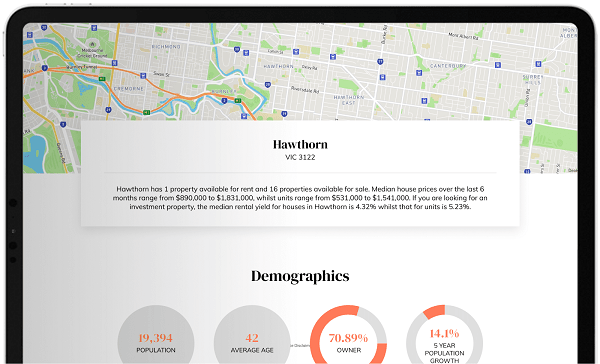
How To Make An Offer When Buying A House
7 Tips On Making An Offer For Purchase
1 Engage the salesperson as soon as possible. Many prospective buyers make the mistake of sitting back once they’ve discovered a home they want, only to enquire about it after it’s gone ‘under offer,’ at which time it’s too late. Let the salesperson know you’re interested, or at the absolute least, request that they notify you if any formal offers are made, so you may make your own offer.
2 Avoid making informal proposals – instead, submit a formal written offer to demonstrate that you are a serious buyer. Demo recommends meeting with the sales agent to prepare it; they should have the necessary documentation and title certificate on hand.
What to include in your written offer –
- Your name and address, as well as the seller’s
- Your offered purchase price and the property address
- Financial data such as your deposit and lender’s information, or the settlement date if you’re paying cash should all be included in the written offer (this is when the seller receives their money and you get the titles to the property)
- Extra contract terms for included chattels (additional items included in the sale, such as dishwashers, built-in barbeques, or refrigerators).

3 Make use of contract terms to your advantage – According to Demo, including additional contract terms can assist decrease risk throughout the purchasing process. They may enable you to conduct more due diligence on the property and get any concerns addressed by the seller before settlement.
Consider the following contract clauses:
- Inspections for pests to ensure the property is free of activity or structural damage caused by wood pests.
- Clause requiring electrical, plumbing, and gas systems to be in excellent working order.
- Building inspections to ensure the structure of the home is sound
- Create a swimming pool/spa clause in the contract to ensure they’re in good working order.
4 Before looking for a home, get conditional approval – Conditional approval will give you a better sense of how much you can borrow and how much you can afford. It also puts you in a stronger position when making an offer since it assures the seller that you will be able to pay for the home.
5 Decide on a price for your offer – Just because a seller lists their home for a certain price does not imply you will have to pay that price. We suggest conducting your own research into how much similar houses in the neighbourhood have sold for to ensure you’re paying the right amount. Attend open houses, chat with local real estate agents, and look at property websites for sales data. Our Home Lending Specialists may also provide you with complimentary property reports that include information like the median price range for apartments and houses in the neighbourhood, as well as a ballpark price range for the property you’re interested in.
6 Recognise the motivations of the seller – According to Demo, winning bids aren’t always about the highest price. You should also think about the terms of the selling contract and what the seller could find appealing. You may possibly utilise what motivates people to your advantage if you understand what motivates them.
A family selling their house, for example, would choose a longer settlement term to give them more time to search, purchase, and move into their new home. In this case, giving a longer settlement term might be the difference between negotiating a successful or failed property acquisition.
As a result, it’s a good idea to ask the salesperson questions like:
- Why are the proprietors attempting to sell?
- How many days has the property been on the market?
- Has the vendor received any formal offers.
- How long has the property been owned by the sellers?
7 Look for a settlement agent – You’ll need the assistance of a settlement agent, often known as a conveyancer, to complete the selling deal. In general, they’ll –
- File paperwork to transfer ownership information on the certificate of title.
- Make the required inquiries concerning the rates, titles, and zoning of the property.
- Before you settle, double-check that the contract’s specific requirements have been satisfied.
- On your behalf, attend the settlement.
The majority of real estate agents will refer you to a settlement agent. Before settling on a settlement agent, it’s a good idea to acquire a few estimates from trustworthy businesses. Make sure the quotations are written and include all fees and charges, including any government levies.


